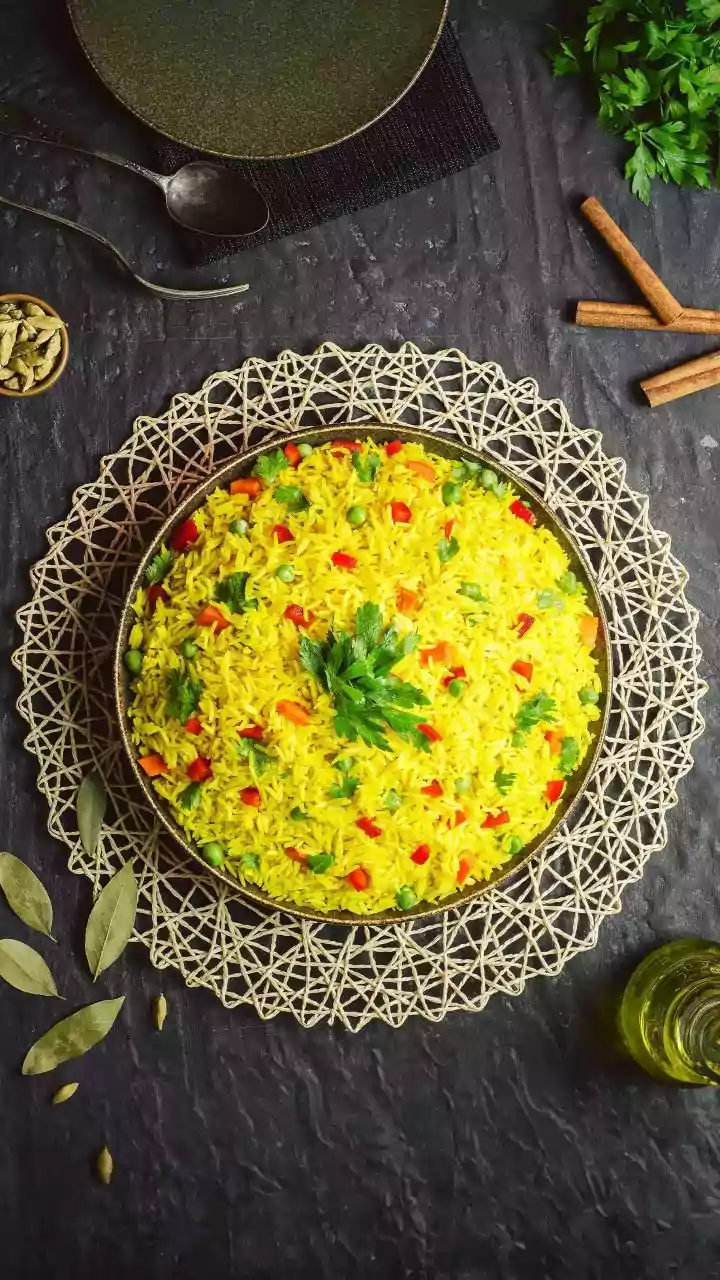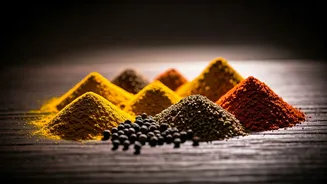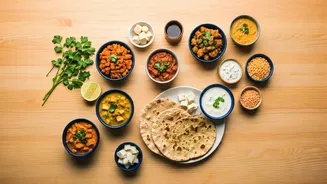When patients are diagnosed with cancer, many consider giving up meat or sugar because of the numerous diet-related myths circulating online. Since food is deeply tied to health, it is natural for such
doubts to arise. However, the reality of a cancer diet is far more nuanced than a simple “all-or-nothing” approach.
Dr Sachin Trivedi, Director of Medical Oncology, HCG ICS Khubchandani Cancer Centre, Colaba, Mumbai, shares what you need to know:
Protein Is an Essential Ally
Cancer and its therapies – chemotherapy, surgery, or radiation place a substantial burden on the body. Muscle loss, weakness, and weight loss are common. To offset this, protein consumption is essential. Proteins facilitate tissue repair, enhance immunity, and allow patients to better tolerate treatments.
For the majority of Indians, protein consumption is already suboptimal. Vegetarian sources include pulses, lentils, milk, soy, and nuts, while eggs, chicken, and fish are excellent non-vegetarian sources of complete protein containing all essential amino acids.
A common concern is that consuming meat will “feed the cancer,” but there is no scientific evidence to support this claim. In fact, meat may enhance strength and recovery. What matters is preparation, opt for grilled, baked, or steamed dishes instead of fried or highly processed foods.
The Sugar Dilemma
Sugar is another area of anxiety for patients. It is true that cancer cells use glucose, but so do all the body’s cells. Eliminating carbohydrates altogether is neither practical nor healthy, as the body requires glucose for energy.
Instead of completely avoiding sugar, focus on reducing refined sugars found in processed foods, soft drinks, and sweets, which add empty calories without nutrition. Patients should instead aim for complex, fiber-rich carbohydrates from whole grains, fruits, and vegetables, which provide vitamins, fiber, and a steady energy boost.
Key Takeaways for a Cancer-Friendly Diet
Prioritize a nutritious, well-balanced diet as a lifestyle choice.
Consume lean protein daily, such as fish, poultry, eggs, paneer, tofu, and dal.
Eat a variety of fruits and vegetables for vitamins and antioxidants.
Choose whole grains like brown rice, oats, and millet over refined flour.
Limit alcohol, processed foods, deep-fried foods, and excess sugar.
Stay hydrated with soups, water, and fresh beverages.
Food can be a powerful component of the recovery process when patients focus on overall meal balance.




















